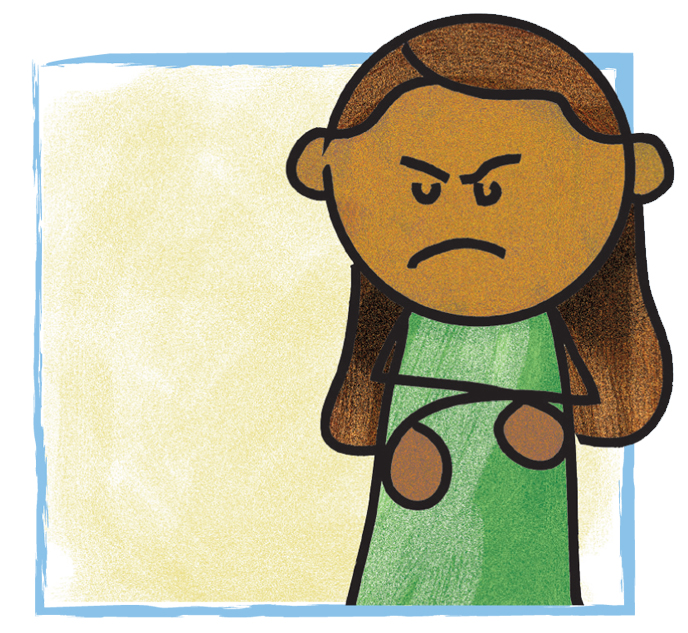If we could all have our own way and have life exactly how we want it to be, wouldn’t life be great? Of course, the problem quickly arises when we all want and enjoy different things.
This past summer at our camp program, I had one child in particular who had a very difficult time when we changed to any activity that he didn’t enjoy. Sometimes it was the case of getting him to try it or watch it to see if we could coax him into something new. Many times, he just wanted our big recess room all to himself with activities of his choosing. When things didn’t go the way he wanted them to, or it was announced that a new activity was to begin shortly, he would have a tantrum. There were times I fell into that tantrum trap and gave him what he wanted, only to realize that I was reinforcing a sense of entitlement and it became a pattern at camp that needed to change.
There came a day when there were lots of kids in the recess room. One little guy wanted me to play music and dance with him. When I turned on the music and we started to dance, my first friend yelled at us to stop. I turned to him and said, “Right now, it’s not your turn to be happy. It’s this guy’s turn to be happy and do what he wants to do. I can understand that you might not like the noise or the music, so you are welcome to visit one of the other activity rooms until we are done.” I find that that the power of social coaching a child lies in the ability to phrase things in a way that makes sense to the child and helps him or her adjust his or her thinking in the moment. Taking turns is something that most kids understand.
With that being said, I find that sharing is another area that we can assist a child in understanding and learning the important life skill that you can’t always have what you want when you want it. For a long time, I felt that is was important to coach and teach kids how to share everything at my center. However, if we think about it, making a child who is playing with a toy or other object, share it simply because someone else wants it, creates entitlement. It gives the message to a child he or she can have whatever he or she wants just by saying so. So now, I tell the child who wants the toy that it is currently unavailable and that I can help him or her look for something else to play with. However, in many instances, taking turns is necessary and important to know how to do. If you have community toys or games, swings or other group items, set the rules for taking turns first. For example, each person has 5 minutes on the swings, or can ride the scooter around the playground 3 times before it someone else’s turn.
The line between accommodating a child’s needs and inadvertently creating a sense of entitlement is a fine one. To not always have what we want when we want it, or have the environment ideal to our own needs teaches us the important life skills of coping and frustration management. We can’t always have what we want, and sometimes it’s someone else’s turn to be happy.


